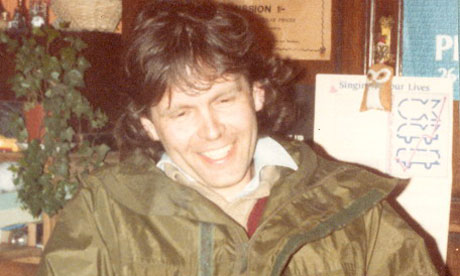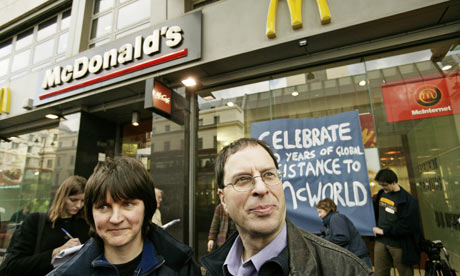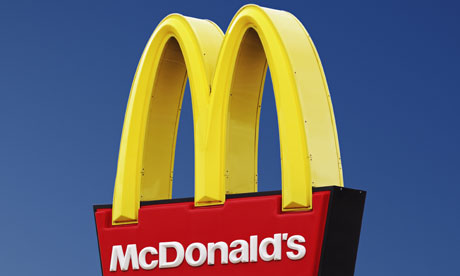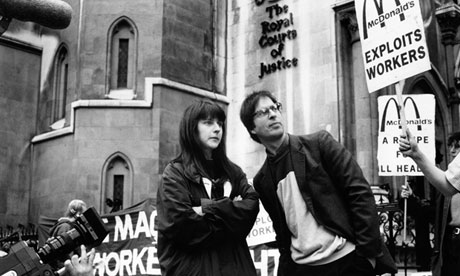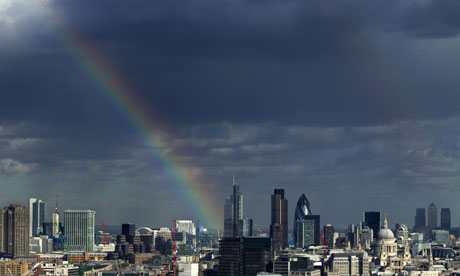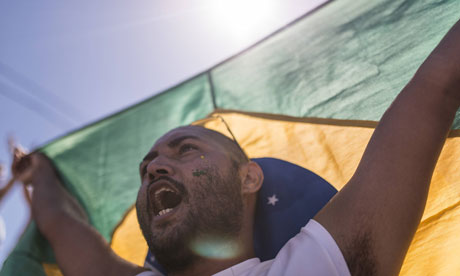PAUL MASON in The Independent
Friday 21 June 2013
In most of the Bric countries economic rise has involved increased inequality, exacerbated corruption and failing public services - and that's just half the story
Tear gas cannot stop it. Not even when fired point blank into the faces of protesters. State censorship is powerless against it. The bloodless prose of the official media cannot encompass it. But what is it? What is the force that put a million people on the streets of Brazil on Thursday, turned Turkey’s major cities into battlefields and – even now – bubbles under from Sofia to Sarajevo?
The answer is in the detail: the self-shot videos, the jokes scrawled on handwritten signs, the ever-morphing hashtags on Twitter and the Guy Fawkes masks. Brazil’s protests may have started over the equivalent of a 5p rise in bus fares, but the chants and placards in Rio speak to something different: “We’ve come from Facebook”, “We are the social network”, and in English: “Sorry for the inconvenience, we are changing Brazil”.
The bus-fare protest in Sao Paulo involved, at first, maybe a few thousand young activists. There was CS gas, burning barricades, some Molotovs and riot shields, but never enough to stop the traffic, which flowed, surreally, past it all. When police arrested 60 people, including a prominent journalist, for possessing vinegar (to dull the sting of tear gas), it became the “Salad Revolution”. Then, last weekend, tens of thousands turned into hundreds of thousands, and the protests spread to every major town.
It’s clear, now, what it’s about. Brazil’s economic rise has been spectacular – but as in most of the so-called Bric countries it has involved increased inequality, exacerbated corruption and the prioritisation of infrastructure over public services. “Less stadiums, more hospitals,” reads one plaintive placard. The fact that the whole process was fronted by the relatively liberal and pro-poor Workers’ Party led, for a time, to acquiescence. The government sold the idea that hosting the World Cup, clearing some of the slums and pacifying the rest with heavy policing, together with a new transport system in the major cities, would complete Brazil’s emergence as a developed country.
But the World Cup is draining money from public services; the cost of the urban transport system is squeezing the lower middle class. And blatant corruption enrages a generation of people who can see it all reported on social media, even if the mainstream TV ignores it.
If this were just one explosion it would be signal enough that the economic model for the so-called emerging markets – rapid development at the cost of rising inequality – is running out of democratic headroom. But the same social forces were on the streets of Istanbul. The same grievances forced the Bulgarian government to sack its recently appointed and seemingly professionally unqualified state security chief on Wednesday.
In Turkey’s Taksim Square, as the tear gas drifted, roaming around with a microphone was a bit like being at a graduate careers fair. What do you do, I would ask. They would be always young, often female, and in perfect English reel off their professions from beneath their balaclavas: doctor, lawyer, marketing exec, shipping, architect, designer.
This too is one of the fastest developing countries on earth. And here too there was a mixture of economic grievance and concern about freedom. Some complained that, despite the growth, all the wealth was being creamed off by a corrupt elite. At the same time, the ruling AK Party, with its religious base, was seen as encouraging what the Turkish fashion writer Idil Tabanca has called “a growing unspoken air of animosity toward the modern”.
And everywhere there is protest – from Taksim and the Maracana Stadium to the Greek riots and Spanish indignados of two years ago – there is “non-lethal” policing that seems designed to turn passive bank clerks into bandanna-wearing radicals. It is striking that in both Brazil and Turkey, excessive force against peaceful demonstrators was the moment that turned a local protest into a globally significant revolt.
But the grievances, in the end, tell only half the story. It is the demographics, the technology and the zeitgeist that make the wave of current protests seem historic. Look first at the symbolism: the V for Vendetta mask is everywhere now – but it originated as the signifier of the Anonymous hacker movement. The hand-scrawled placard signifies a revolt not just against the state but against the old forms of hierarchical protest, where everybody chanted the same thing and followed leaders. In every tent camp protest I have ever been in, it is clear that the unspoken intention is to create a miniature utopia.
Velocity of information matters as much as action itself. It is striking how badly the incumbent elites in each case totally lose the information war. Whether it’s Greece, Turkey, Egypt or Brazil the unspoken truth is it is hard to gain a voice in the official media unless you are part of the in-group. This creates the mindset that drove Egyptian TV to ignore Tahrir, and Turkish TV to replace 24-hour news with cookery programmes as the fighting raged outside their studios. But it doesn’t work. People have instant access not just to the words, stills and videos coming from the streets, but to publish it themselves. As a result, when crisis hits, the volume of “peer to peer” communication – your iPhone to my Android, my tweet to your uploaded video – overwhelms any volume of information a state TV channel can put out. And when it comes to the content of the “memes” through which this generation communicates, the protesters and their allies find suddenly that everything they are saying to each other makes sense, and that everything the elite tries to say becomes risible nonsense.
In each case – from Egypt, through Greece, Spain and the Russian election protests – the revolt was already there, simmering in cyberspace. And in each case, the ultimate grievance was the difference between how life could be for the educated young, and how it actually is. They want a liberal, more equal capitalism, with more livable cities, and more personal freedom. But who will provide it?
Each time the movement subsides, the old generation’s commentators declare it dead, overhyped, romanticised in the heat of the moment. But the protests keep coming back. In 1989, we learned that people prefer individual freedom to communism. Today, in many countries, it is capitalism that is associated with cronyism, repressive force and elite politics, and until that changes, this Human Spring looks likely to continue.

